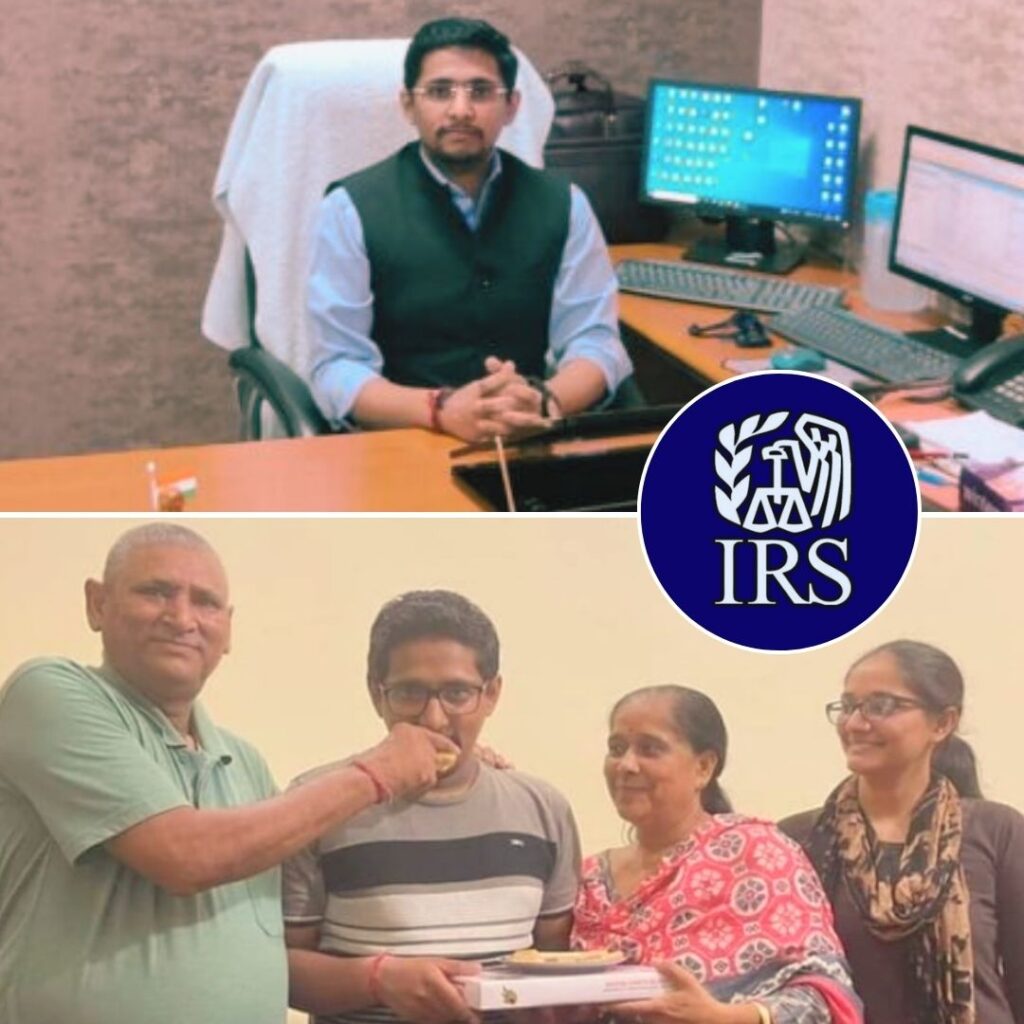The Honorary Tiger is a biography of the Indian conservationist, Billy Arjan Singh. The book is a gateway to his home, Tiger Haven, a magical place on the edge of a jungle in India’s Uttar Pradesh. Three orphaned leopards and a tiger cub named Tara that Singh imported from a zoo in England were raised here. It’s a beautiful story of how Singh brings up Tara and returns her to the wild. At first, he was sceptical if her instincts will help her survive in the forest. They did, and Tara also gave birth to a litter of four cubs. Singh’s experiment was under massive controversy when it was discovered that Tara had Siberian genes in her ancestry. He was accused of having introduced a ‘genetic cocktail’ into the jungle. Dauntless, Singh remained a champion of the wild and its dwellers.
Govind Gorur told me that he considers Billy Arjan Singh his role model. I was hardly surprised but thoroughly convinced that the life of a corporate stooge wasn’t meant for him. Govind spends his time taking care of three elephants who have had lives of immense hardship and pain. The animals were raised in confinement. “When they got freedom, they didn’t know how to use it. For hours they stood in the same spot even though they had acres of land in front of them. What could they do? They didn’t know any better,” said Govind.
A life of few desires and big dreams
Most of us have a picture of our dream life embedded in our minds. A good job, a decent home, a loving family, and financial stability to travel and live comfortably.
But unlike most couples, Govind and his wife had no job, but only each other and their passion by their side on the day of their wedding.
“I worked in the IT sector for almost eight years. During that time, I met my wife. We belong to a trekking group and about four to five years ago we had gone on one of its trips. Coincidentally, we kept meeting in other expeditions. Shweta herself was a conservation enthusiast. She was involved in some voluntary work for special children and was working for a Cauvery cleaning project. But she hadn’t found the one thing that she would want to work for, for the rest of her life. When we met, it was sort of a bonding of thoughts. I used to read to her books on Billy Arjan Singh during our trekking trips. Our conversations were typically about life, the environment and philosophy. Two months before our marriage, during one of the usual conversations she asked me, ‘Bas baat hi karna hai ya kuch karna bhi chahte ho?’ (Do you only want to talk, or do you want to do something?),” narrated Govind.
“I don’t know what happened but the very next minute I drafted a mail and BBCed it to her. It was my resignation. She was quite taken aback at my spontaneity but I said to her that in order to do something, you first have to come to a point of letting go of your prior commitments and free yourself. Fifteen minutes later, I got a message from her – it was her resignation,” he continued.
Govind and Shweta
Two months before their marriage, Govind and Shweta had quit their jobs, and on the day of their wedding, their combined salary was zero.
“There are only two reasons why we could do this. One, the support of our parents, and this meant everything. When parents tell their kids ‘jo karna chahte ho karo’ (do whatever it is that you want to do), children are unburdened of a huge invisible responsibility. Furthermore, if your parents are financially independent and do not have any debts, taking the decision becomes easier. But one thing that remains is – ‘Toh log kya kahenge’ (what will the society say). Your parents should never be bound by this mentality. This is the first support that you need. And lucky for both of us, our parents were more than supportive. When my father-in-law found out that I had quit my job, he didn’t lecture me, instead, he took me to a beer bar and spoke to me about what I wanted to do with my life,” said Govind.
“But to take such a decision, you yourself should not be burdened with debts. This requires your desires to be less. When my wife and I worked at the IT job, we made substantial income combined. On the day of our marriage, we came down to zero. When we found a job, we were earning at least five times less that what we used to make. The financial gap was humongous. But the key is to have less materialistic desires. While people think that we did this great thing, for us it was nothing different from how we previously lived. My friends who have been working five years in IT have already bought cars and flats. People in their 20s already have debts of Rs 30-40 lakhs. After this, what is really left for anyone to do? Your whole life goes in repaying those debts. You are tied to a chair. So the second reason why we could leave our jobs was the fact that we didn’t let debts accumulate,” he continued.
Govind and Shweta (second from left) with their three elephants When in their previous job, the couple used to travel…











